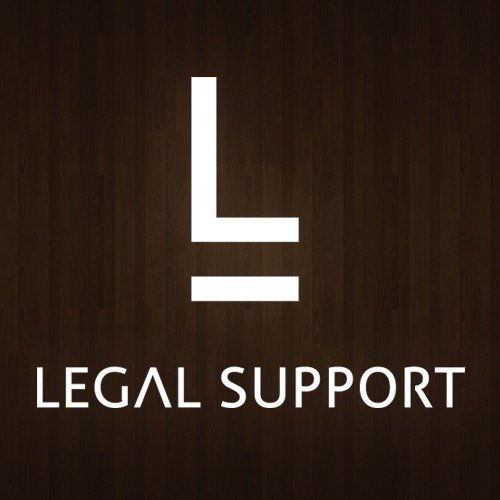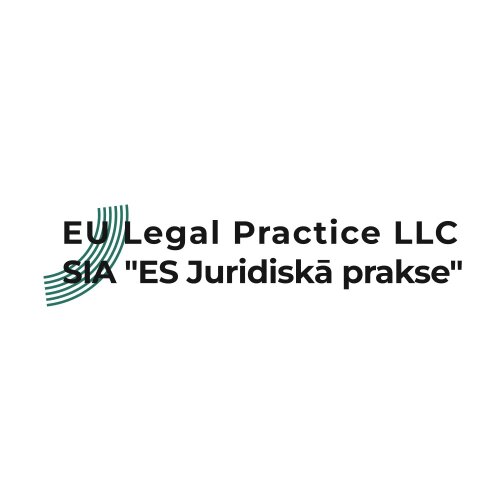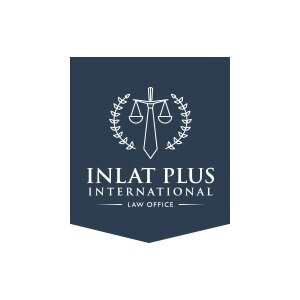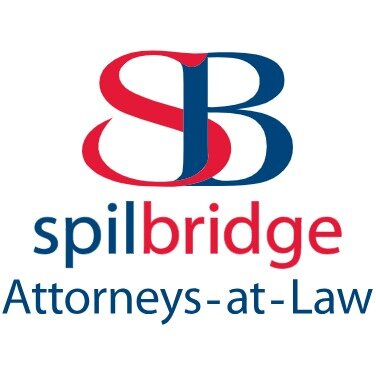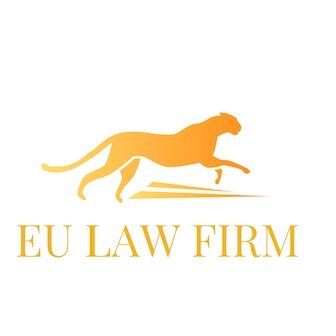Best Nonprofit & Charitable Organizations Lawyers in Latvia
Share your needs with us, get contacted by law firms.
Free. Takes 2 min.
Or refine your search by selecting a city:
List of the best lawyers in Latvia
About Nonprofit & Charitable Organizations Law in Latvia:
In Latvia, nonprofit and charitable organizations play a critical role in fostering civic engagement and providing essential services. These entities are typically formed as associations or foundations and are governed by the Law on Associations and Foundations. Nonprofit organizations in Latvia are entities that do not distribute profits to members but reinvest them to further their objectives, typically aimed at public benefit, including educational, cultural, environmental, and social initiatives.
Why You May Need a Lawyer:
There are several situations where legal advice may be necessary for individuals or groups involved with nonprofit and charitable organizations in Latvia. Common scenarios include:
- Formation of a nonprofit organization, including drafting the founding documents and ensuring compliance with local regulations.
- Navigating tax exemptions and understanding fiscal responsibilities.
- Contract negotiations and formation, especially when partnering with other entities or government bodies.
- Resolution of internal disputes or conflicts arising within the organization.
- Adapting to changes in legislation that impact nonprofit operations or governance.
- Ensuring compliance with laws regarding fundraising and reporting obligations.
Local Laws Overview:
Latvian laws governing nonprofit and charitable organizations emphasize transparency, accountability, and adherence to public benefit objectives. Key aspects include:
- Formation and Registration: Nonprofits must register with the Register of Enterprises, submitting founding documents such as statutes and details of board members.
- Taxation: While nonprofits may qualify for certain tax exemptions, they must comply with all fiscal rules and reporting obligations.
- Fundraising: Specific regulations govern fundraising activities, requiring adherence to ethical standards and reporting requirements.
- Governance: Organizations must maintain a governing body such as a board of directors, which is responsible for ensuring compliance and managing the organization's activities.
- Annual Reporting: Nonprofits are required to submit annual reports detailing their activities and financial status to maintain transparency and accountability.
Frequently Asked Questions:
1. What is the primary legal framework governing nonprofits in Latvia?
The primary legal framework is the Law on Associations and Foundations, which outlines the formation, operation, and dissolution of nonprofit entities.
2. Are nonprofits eligible for tax exemptions in Latvia?
Yes, nonprofits may be eligible for certain tax exemptions, particularly if they are recognized as public benefit organizations, but they must comply with all relevant tax laws and reporting obligations.
3. How long does it take to register a nonprofit in Latvia?
The registration process can vary, but typically it may take a few weeks once all required documentation is submitted to the Register of Enterprises.
4. Can foreigners establish a nonprofit in Latvia?
Yes, foreigners can establish nonprofits in Latvia, but they must comply with the same requirements as local citizens, including registration and documentation submission.
5. What constitutes a public benefit organization?
A public benefit organization is one that operates for the common good, focusing on activities such as charity, education, culture, or environmental protection, and meets specific criteria set by Latvian law.
6. Are there restrictions on the types of activities a nonprofit can engage in?
Nonprofits must adhere to their stated objectives and cannot engage in activities primarily for profit, although they may undertake fundraising and other activities aligned with their mission.
7. Do nonprofits have to submit financial reports to the government?
Yes, nonprofits must submit annual financial reports to ensure transparency and accountability, detailing income, expenditures, and other financial activities.
8. What are the governance requirements for a nonprofit?
Nonprofits must establish a governing body, such as a board of directors, responsible for strategic direction and compliance with legal requirements.
9. Can a nonprofit in Latvia employ paid staff?
Yes, nonprofits can employ paid staff, but they must adhere to labor laws and ensure employment agreements align with nonprofit objectives and resources.
10. What process should be followed for dissolving a nonprofit?
The dissolution process involves notifying the Register of Enterprises, liquidating assets, and fulfilling all legal and financial obligations before officially closing the organization.
Additional Resources:
If you need further assistance or information about nonprofit and charitable organizations in Latvia, consider reaching out to the following resources:
- Register of Enterprises: The primary body for registering and overseeing nonprofits.
- State Revenue Service: Provides guidance on taxation and financial reporting for nonprofits.
- Latvian NGO Alliance: A coalition of nonprofit organizations offering support and advocacy for sector-specific issues.
- Legal Aid Services: Various legal aid services can provide advice and representation tailored to nonprofit needs.
Next Steps:
If you require legal assistance with a nonprofit or charitable organization in Latvia, consider the following steps:
- Consult with a legal professional specializing in nonprofit law to guide you through specific legal challenges or organizational needs.
- Gather and organize all necessary documents related to your organization, including founding documents, financial records, and any correspondence with governmental bodies.
- Review your organization's current practices and ensure compliance with local laws and regulations.
- Consider engaging with local nonprofit networks for additional support, advocacy, and resources.
Lawzana helps you find the best lawyers and law firms in Latvia through a curated and pre-screened list of qualified legal professionals. Our platform offers rankings and detailed profiles of attorneys and law firms, allowing you to compare based on practice areas, including Nonprofit & Charitable Organizations, experience, and client feedback.
Each profile includes a description of the firm's areas of practice, client reviews, team members and partners, year of establishment, spoken languages, office locations, contact information, social media presence, and any published articles or resources. Most firms on our platform speak English and are experienced in both local and international legal matters.
Get a quote from top-rated law firms in Latvia — quickly, securely, and without unnecessary hassle.
Disclaimer:
The information provided on this page is for general informational purposes only and does not constitute legal advice. While we strive to ensure the accuracy and relevance of the content, legal information may change over time, and interpretations of the law can vary. You should always consult with a qualified legal professional for advice specific to your situation.
We disclaim all liability for actions taken or not taken based on the content of this page. If you believe any information is incorrect or outdated, please contact us, and we will review and update it where appropriate.
Browse nonprofit & charitable organizations law firms by city in Latvia
Refine your search by selecting a city.



